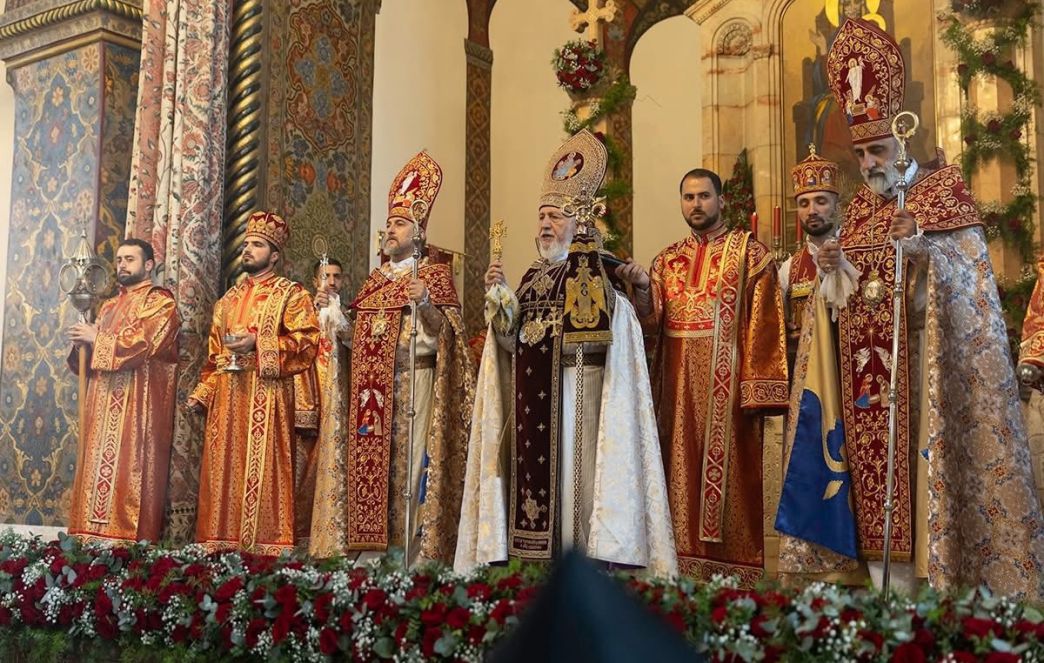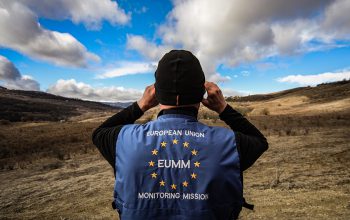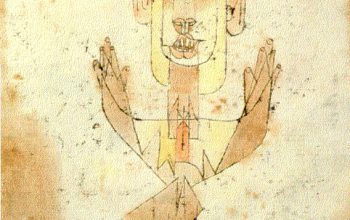In a pointed rebuke to Prime Minister Nikol Pashinyan, Catholicos Garegin II used his Easter message to denounce “reprehensible attempts to deny or question” the 1915 Armenian Genocide, a clear reference to Pashinyan’s recent statements that have sparked outrage at home and across the diaspora.
Leading Easter Mass in Holy Echmiadzin—noticeably without the attendance of Armenia’s political leadership—the head of the Armenian Apostolic Church expressed alarm at “continuous unacceptable actions and campaigns” taking root in the country.
“The Armenian Genocide remains an open wound in our collective memory,” Garegin declared. “Its unhealed pain is deepened not only by ongoing global atrocities, but also by the appalling attempts to diminish its truth. The recent crime committed against our people—the forceful occupation of Artsakh and the ethnic cleansing of its Armenian population—is another chapter in that long history of injustice.”
While Garegin refrained from naming names, his words were unmistakably aimed at Pashinyan, who in a January speech in Switzerland cast doubt on the established historical understanding of the genocide. Rather than affirming the massacre of 1.5 million Armenians as a state-organized crime by the Ottoman Empire, Pashinyan suggested that Armenians should instead “understand what happened” in 1915 and the motives behind the international campaign for recognition—hinting darkly at Soviet manipulation.
Historians, opposition leaders, and diplomats swiftly condemned the prime minister’s remarks, accusing him of undermining Armenia’s moral standing and betraying decades of painstaking advocacy by genocide recognition activists. Many believe Pashinyan is softening his rhetoric to curry favor with Turkey, which has long denied the genocide and recently deepened its partnership with Azerbaijan.
Diaspora organizations, long the vanguard of the global recognition campaign, expressed deep disappointment, with some calling his statements a national disgrace.
Pashinyan doubled down last month in a meeting with Turkish journalists, saying his government would no longer pursue international genocide recognition efforts. He dismissed previously adopted resolutions by parliaments around the world as destabilizing—an alarming shift that contradicts decades of Armenian foreign policy.
The growing chasm between the government and the Church has only widened since Armenia’s catastrophic defeat in the 2020 war over Artsakh. Catholicos Garegin II and senior clerics joined calls for Pashinyan’s resignation at the time and later condemned his formal recognition of Azerbaijani sovereignty over Artsakh—paving the way for Baku’s brutal assault and takeover in September 2023.
Rather than engaging with the Church as a moral pillar of the nation, Pashinyan has accused it of meddling in politics—a deflection that has only further isolated his administration from the Armenian people and their faith.
As Armenians gathered for Easter, the absence of their elected leaders from the holiest site in the land said more than words ever could. A government that cannot stand in church to remember its martyrs—and now dares to question them—has lost its way.




